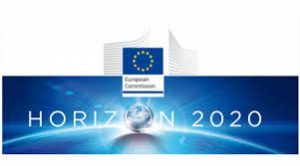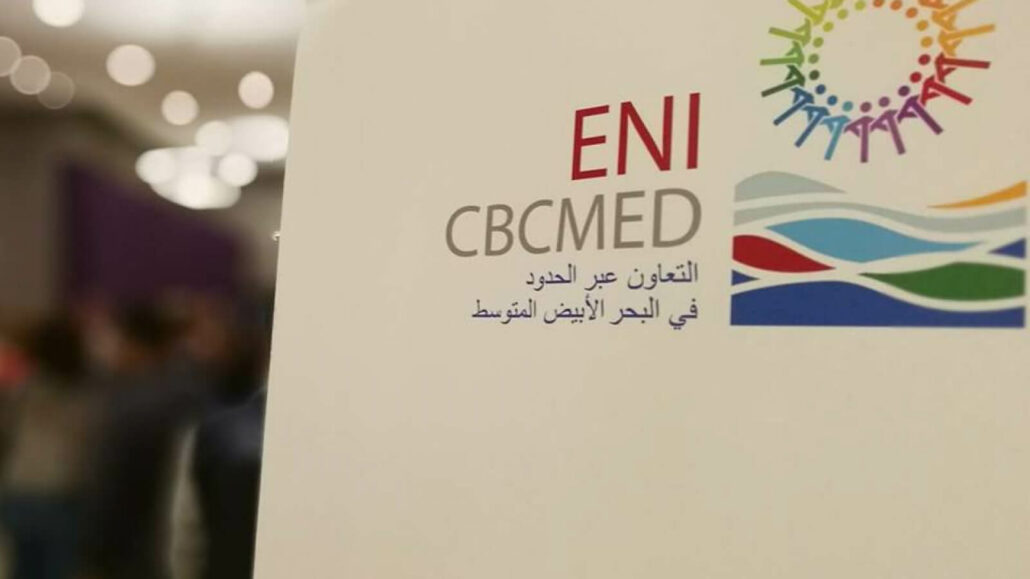Horizon 2020 | Empower SME clusters to bring SMEs ‘across the valley of death’ | 4 April – 4 September 2019

4 April – 4 September 2019
The call opened the 4th of April 2019 and it is classified as a Bio-based Industries Coordination and Support action (BBI-CSA)
CSA: actions consisting primarily of accompanying measures such as standardisation, dissemination, awareness-raising and communication, networking, coordination or support services, policy dialogues and mutual learning exercises and studies, including design studies for new infrastructure, and may also include complementary activities of networking and coordination between programmes in different countries.
BLUE ECONOMY TOPIC: Clusters
The specific challenge is to design the appropriate tools and system to build the capacity of SME clusters so that they can train SMEs to devise excellent projects that are scalable, investment ready and which convey these qualities to potential investors.
Identify possible systems for enabling SME clusters to set up a platform where SME entrepreneurs in the bio-based industry and investors can exchange expertise and business opportunities that could lead to successful cooperation. The scope includes the necessary steps to ‘train the trainers’ as well as practical steps SMEs can use when preparing and presenting projects with a high level of investment readiness and building the capacity of SME clusters to build links with investors.
Proposals should devise a framework that can be used to select the best projects through a competition in which investors evaluate and select winning SME proposals at regional level. If the winner’s reward is a cash prize, its value is not an eligible cost in the framework of the grant agreement.
Proposals should also set the basis for a European final of regional winners, and hence, proposers should link up with relevant and interested regional authorities.
The Bio-based Industries Consortium (BIC) will set up an industry and market expert group from among its members to provide expertise on the implementation and follow-up of the different tasks and help organise meetings. This expert group is not to be a part of the proposal, but will be offered to the project consortium to assist as needed.

